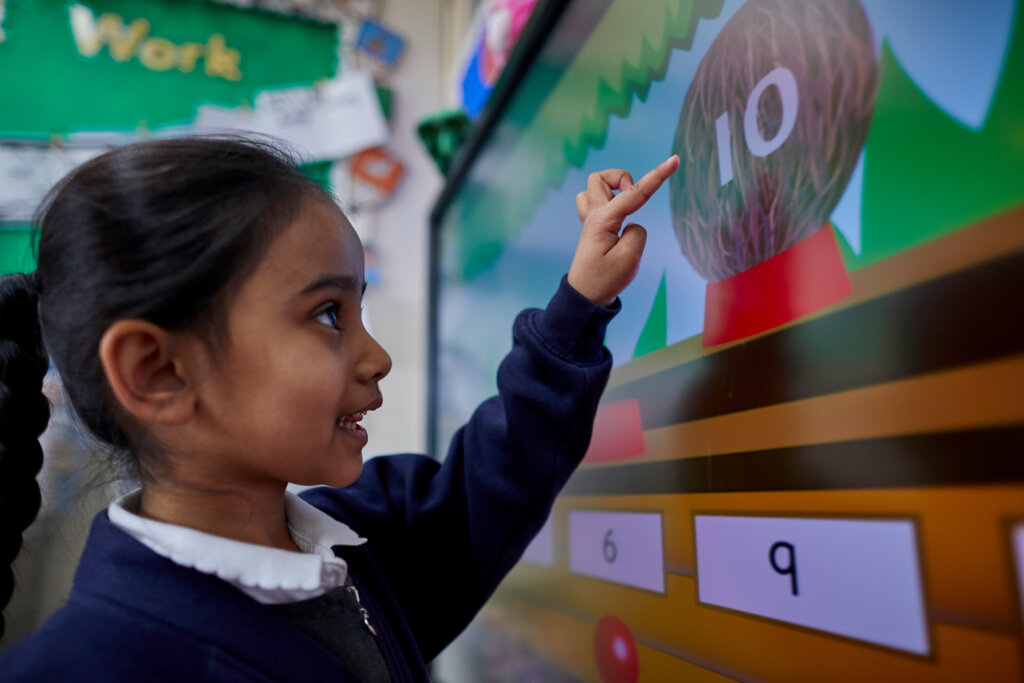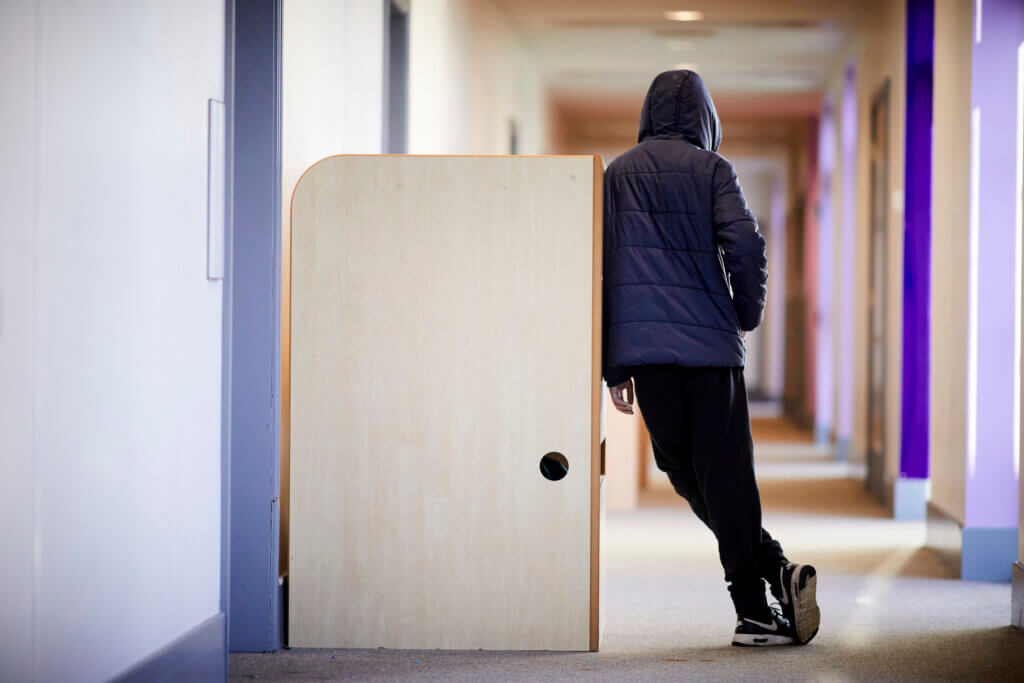‘County Lines’ is a term being used more frequently when discussing safeguarding in schools and colleges. But what does county lines actually mean for our schools? How can we safeguard our young people from being exposed to criminal exploitation?
What is County Lines?
Child Criminal Exploitation (CCE) or County Lines occurs when an individual or group takes advantage of a child or young person’s vulnerability in order to coerce, control, manipulate or deceive them into taking part in criminal activity. County lines is a type of child criminal exploitation (CCE) whereby gangs and organised crime networks groom and exploit children specifically to sell drugs.
These children are often made to travel across counties, and specific mobile phone ‘lines’ are dedicated to this criminal activity.
How does it affect the children and young people that I work with?
The processes that take place in exploiting children and young people into county lines are similar to those that take place where sexual exploitation and radicalisation occur. The exploitation may sometimes appear consensual, especially where the child has received something in exchange such as money, clothes or technology.
It is important that professionals recognise that this is part of a grooming process and that these children are victims themselves, not criminals. Guidance published in ‘Keeping Children Safe in Education 2019’ outlines the importance of all staff being aware of indicators that children are at risk of being, or are already involved with serious violent crime.
Key indicators include:
- Poor school attendance
- A change in friendships or relationships, particularly new relationships with perhaps older individuals or groups
- Decline in academic performance
- Signs of self-harm
- Changes in behaviour and wellbeing
- Signs of assault or unexplained injury
- Unexplained gifts or new possessions
- Children returning home late, staying out all night or not returning home
As well as these, you may become aware of children being found in areas away from home or may hear young people using drug-related language which you would not expect them to be familiar with.
Professionals must remember that although all children under 18 can be targeted for county lines exploitation, there are specific vulnerable groups of children where it occurs more frequently. These include: Looked After Children, children who are homeless, SEND pupils, children experiencing family breakdowns and those who are struggling at school.
National statistics suggest that there are children as young as 12 years old being exploited into county lines. Typically, white-British children from middle class backgrounds are targeted due to gang leaders perceiving that they are more likely to evade police detection. This highlights the importance that staff from every setting in every community must be aware of the prevalence of county lines.
The Figures
County lines is a widespread concern; gangs from large cities such as London, Manchester, Birmingham and Liverpool are operating throughout England, Scotland and Wales. The Children’s Commissioner estimates that there are approximately 46000 children in England who are involved in gang activity. It is estimated that approximately 4000 children in London alone are being exploited through County Lines.
What can we do to protect our children from being exposed to this?
Raise awareness: As with any safeguarding issue, raising awareness of the topic with the pupils, parents, carers and staff within your setting is the best preventative approach that you can take. Highlighting the key facts as outlined above should eradicate thought processes such as “it wouldn’t happen to me” and will provide parents and staff with clear indicators to look out for. Delivering assemblies to the young people in your setting will empower them with the knowledge of county lines and will not only allow individual pupils to consider their own behaviour and safety but that of their peers also. Having open and honest discussions with pupils in a safe environment may also encourage them to approach staff and possibly make disclosures if they are concerned about themselves or their peers. Talking about county lines in staff meetings and sharing regular updates and information via staff communication systems will keep this area of safeguarding at the forefront of peoples’ minds. It will allow staff to consider the behaviour and risk indicators of the children that they work with and will ensure that they follow up any initial concerns with the Designated Safeguarding Lead. Including county lines within your school’s safeguarding policy will also highlight the importance of the topic to your stakeholders.
Report: Ensure that your staff all follow your school’s safeguarding policy when reporting concerns regarding county lines. Where concerns occur in isolation they should be reported and recorded as they may provide a small part of a larger picture. It is important that in line with your settings safeguarding procedures, you keep any records of concerns that may need to be passed on in the future.
Seek advice: If you require any further support or information regarding county lines, contact your local community policing team or your local authority safeguarding partnership. Ensure that all your staff are suitably trained and informed regarding signs and indicators and action that must be taken. Raise awareness of county lines within your setting and encourage open conversations.
We are fortunate to be joined at One Education’s Safeguarding Conference in February 2020, by two former gang members who form 1message and are using their experiences to work with schools and young people to support them in avoiding becoming involved in the gang culture.
Matthew Norford is delivering a powerful keynote about his life in gangs from a young age and the struggles he faced in this lifestyle, including numerous prison sentences, being shot, carrying and storing drugs and guns as well as the consequences of this.
Leoni is an ex-gang member who was groomed into criminal activity at the age of 15 by her then boyfriend. At the conference she will be discussing the importance of recognising the indicators in young people, why they are at risk and what schools can do to prevent young people from being exploited into criminal activity.
For more information on the conference, and how to book tickets, visit our website
















